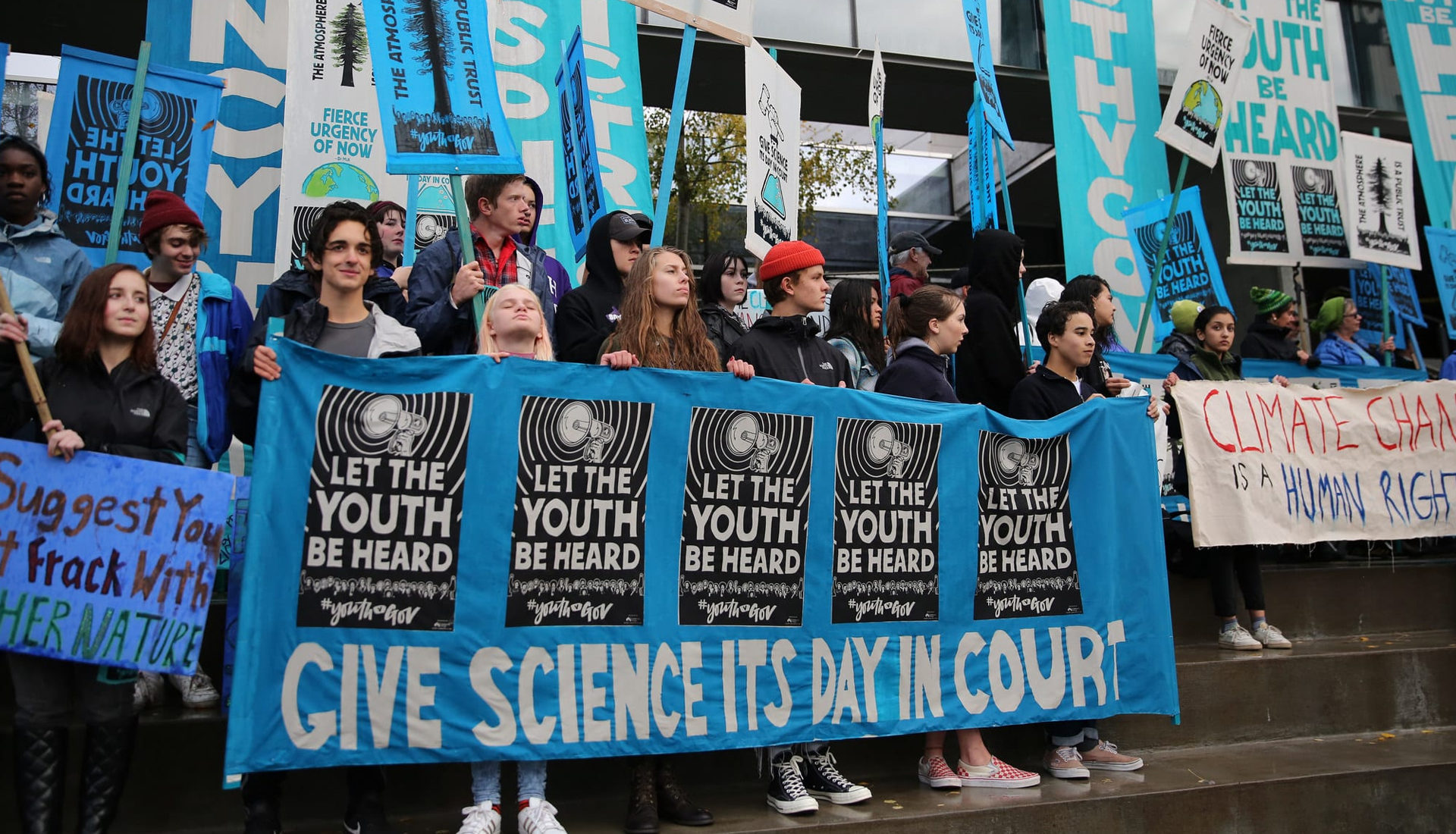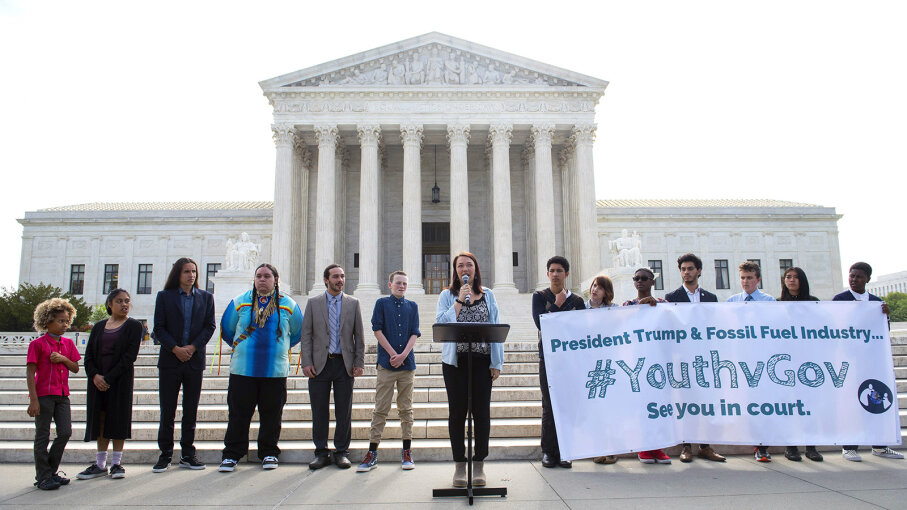The Ninth Circuit Court of Appeals has ruled against a case that would hold the US government liable for their failure to address climate change.
On 14th Feb, the US federal court system ruled against Juliana v. United States, meaning that the North American government will not yet be held formally accountable for neglecting to act on climate change.
Months ago I wrote a feature on Juliana v. United States and the youths trying to write the liveability of the planet into the US constitution. This case has been an ongoing affair since 2015 when a group of 21 students aged 10-21 filed a suit against the then-sitting President Barack Obama and the federal government alleging that they had ‘violated the youngest generation’s constitutional rights to life, liberty, and property.’ Though the presidency has changed during the life of the bill, its principles have remained the same, and from 2016 Trump was cited as the current ‘accused’.
The case hinges on the reality that the government has been neglecting its duty to future generations by failing to preserve the earth and pass it down in a liveable state. The Gen Z activists behind Juliana v United States, who have united as an official non-profit called Our Children’s Trust (also established in 2015), filed the motion not only as young people staring down the barrel of a long future tackling unspeakable degradation and climate turmoil, but on behalf of their own children, and their children’s children, who will not be able to experience a habitable earth at all if present trends continue.
Never had such an esoteric court case reached this level of notoriety in a litigious field. It was unique for two main reasons: one, it rested on a negative accusation (‘you should have done x’ rather than ‘you committed x crime’), and two, its main plaintiffs don’t even exist yet. Up until now the suit had been experiencing some hopeful wins, but last week a three-judge panel in the Ninth Circuit Court of Appeals ruled against it, stating in the official ruling that they had ‘reluctantly concluded that the plaintiffs case must be made to the political branches or to the electorate at large’. In other words, they didn’t think it feel squarely enough in their jurisdiction.



















